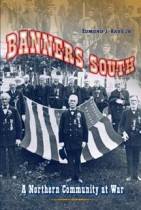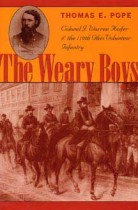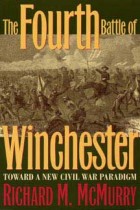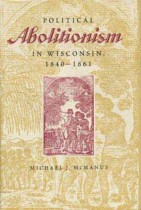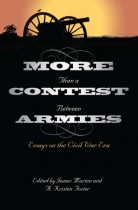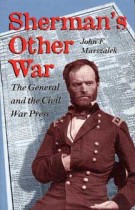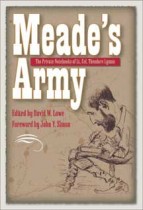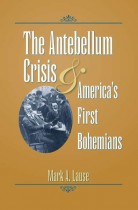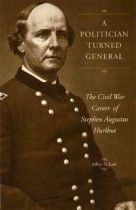A German Hurrah!
Joseph R. Reinhart | Filed under: Civil War Era, Civil War in the North
Lieutenant Friedrich Bertsch and Chaplain Wilhelm Stängel of the 9th Regiment Ohio Volunteer Infantry were not typical soldiers in the Union army. They were German immigrants fighting in a German regiment. Imbued with democratic and egalitarian ideals, the pair were disappointed with the imperfections they found in America and its political, social, and economic fabric; they also disdained puritanical temperance and Sunday laws restricting the personal freedoms they had enjoyed in Europe. Both men believed Germans were superior to Americans and other ethnic soldiers and hoped to elevate the status of Germans in American society by demonstrating their willingness to join in the fight and preserve the Union at the risk of their own lives.

